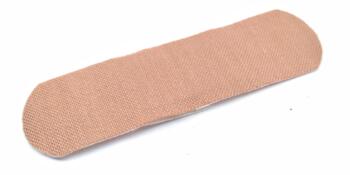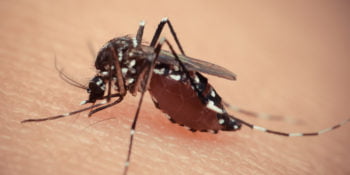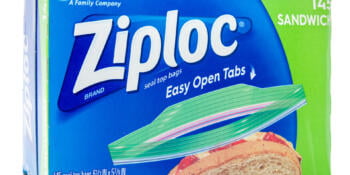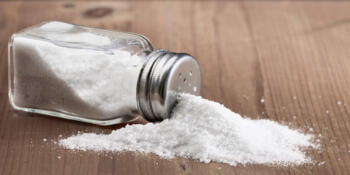Welcome to Mamavation!
We’re so glad you’re here!
Do you feel like you need an advanced degree in chemistry to be a good mom? It doesn’t have to feel that way when you are part of Mamavation!
We’ve investigated most products in the grocery store for toxic or hormone-disrupting chemicals to make your shopping easier.
When you are ready to make a safer purchase, discover the best non-toxic products on Mamavation. Then join our community for support and to learn about how your product choices can impact your health and the Planet for good.

Be Part of the Community!

Enter the judgement-free zone of Mamavation where you are always considered green enough
Featured Product Investigations

Want step-by-step instructions on how to make your home toxin-free?
Pick up a copy of Green Enough: Eat Better, Live Cleaner, Be Happier (All Without Driving Your Family Crazy!) by Leah Segedie

Recent Posts
"Band-Aids" & Bandages with Indications of PFAS "Forever Chemicals" Report
Do your “band-aids” or bandages have indications of PFAS “forever chemicals” inside the absorbent pad or a [...]
These 40+ DEET-Free Bug Sprays Will Keep You Toxin & Insect Free
This summer, we seem to be plagued by pests. From my son’s overreaction to a simple mosquito bite to a new case of the bubon [...]
Glass Measuring Cups Tested for Lead -- Buying Guide
Which glass measuring cups are free from lead in the paint and design? After testing glass baby bottles and discovering so many is [...]















